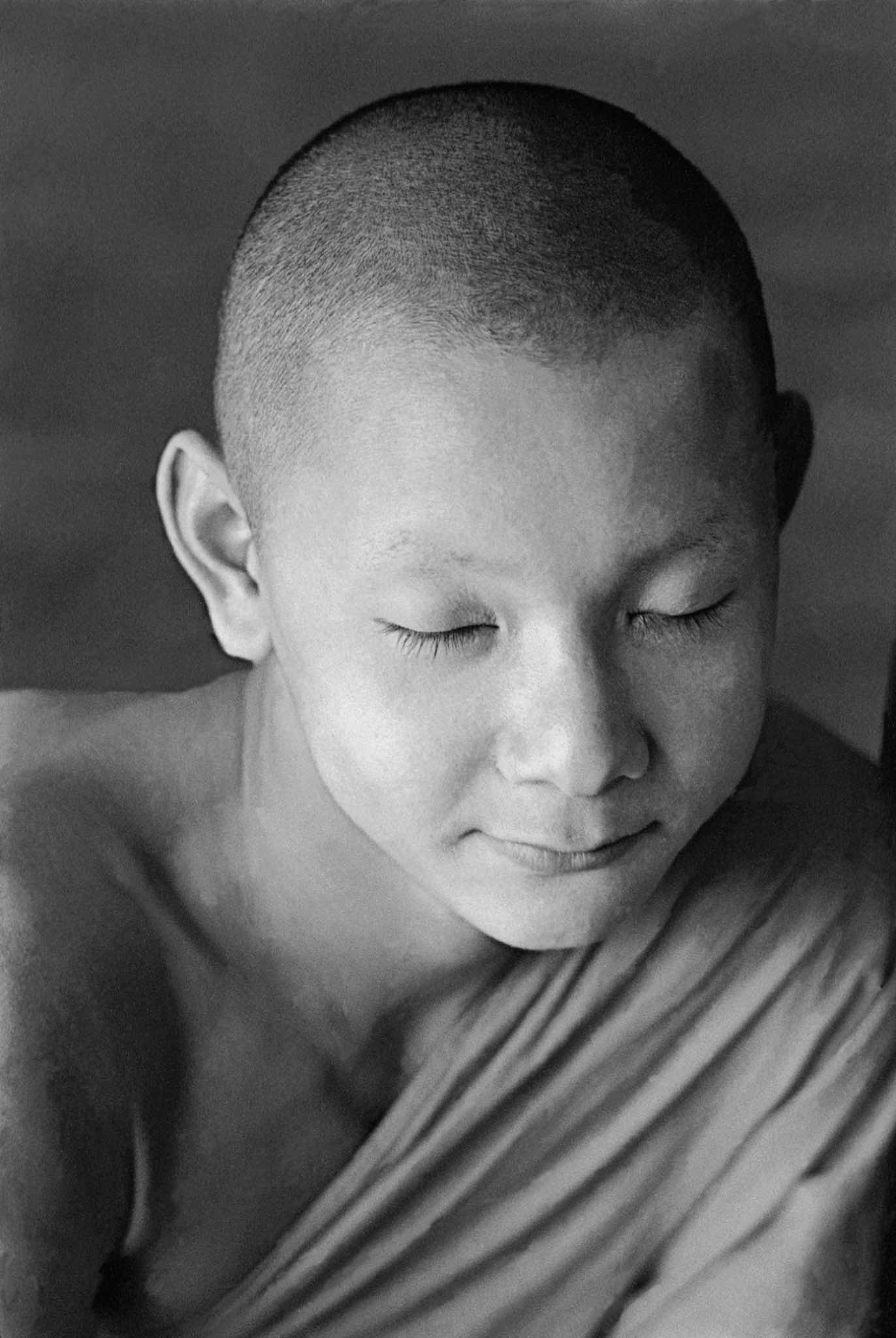HORVATLAND - THE '60s - PHOTOJOURNALISM - WORLD TRIP - BANGKOKGO TO HOME
1963, from Time machine
In this city, I feel like I had landed on a different planet. In Calcutta, I could still imagine camouflaging myself. Here it is unthinkable: I’m totally different from the natives, in my build as well as in my features. It is also a different universe of sound: as in Chinese, words are not merely defined by vowels and consonants, but also by tone, which may be long or short, rising or falling. I am told that ‘kai-kai-kai-kai-kai’ means ‘I sold to the merchant the egg which has been laid by the hen’, as long as the right intonations are placed on each ‘kai’. My problem is that I can’t distinguish between them and that my interlocutors understand something other than what I think I’m saying. It gives rise to endless misunderstandings with taxi drivers, even over the name of my hotel, which is simply called ‘Princess’. I have never seen a beggar, nor a brawl, nor an armed policeman. Everything is sorted out with a smile. Smiling, the taxi driver tells me that his brand new meter is out of order and, still smiling, he asks for three times more than the normal fare for the ride. I smile as I hand him what I think is right and, and with another smile he accepts it. I have no other choice but to give him a generous tip, with yet more smiles on both sides. Still, as the days pass, I feel a slight misgiving, more against myself than against them. I am unable to establish a real contact. The corners of my lips are stiff from responding to their smiles, but at the same time I begin to understand that these labial conventions are not so much open doors, as barriers behind which they hide. Some old men play chess under a porch. They have beautiful faces, like most aged people in this country. I approach them. For want of words, chess seems a good way to make contact. Their rules are a little different from ours: pawns take ahead instead of diagonally, the queen can only move one square at a time. I lose my game before understanding this, despite the fact that my opponent is charitably disposed. But when I raise my eyes, I see that all the bystanders have left: this stranger who interrupted their game didn’t interest them. It took me a few days to realise that the same is true of their reaction to my camera. They don’t stop me from taking photos, as in Egypt or in India, they don’t even turn their backs on me as in Israel. Courteously, they let themselves be portrayed, and then move off with a smile and an air of unconcern, as if they were persuaded that I don’t have much to offer.


1963, Bangkok, Thailand, young bonze (c)

1963, Bangkok, Thailand, young bonze (c)

